|
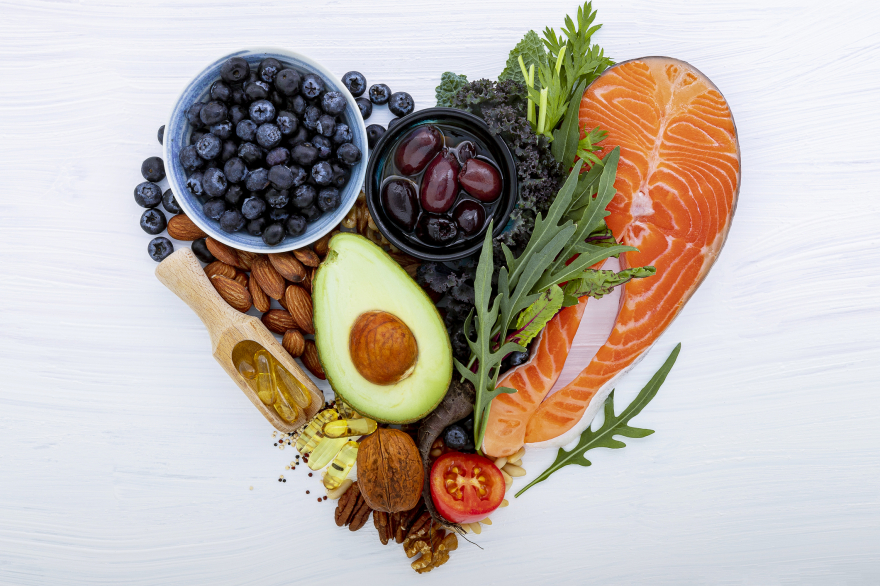 You’ve heard the old adage: “You are what you eat.” You’ve heard the old adage: “You are what you eat.”
Did you know that what you eat can also have a direct impact on your periods - either positive or negative?
Your menstrual cycle is regulated by hormones - mainly estrogen and progesterone. When these hormones can function as they’re intended to, your periods have the potential to be problem-free. However, the foods you eat impact your hormones.
The types of foods you eat can potentially disrupt hormone balances, causing problems with your period. Specifically, inflammation-causing foods.
These hormonal imbalances can cause uncomfortable symptoms when it comes to your menstrual cycle and period.
While inflammation is a natural part of the immune system and is necessary for the body’s healing process, excessive inflammation for prolonged periods of time can cause problems for many health functions, including the menstrual cycle.
 In a 2016 ground-breaking study focusing on menstrual pain, scientists were able to discover why periods can hurt so much. The study suggests that the pain is caused by acute inflammation, as measured by the level of C-reactive protein (CRP). CRP is a protein produced by the liver; its levels rise when inflammation is present in the body. In a 2016 ground-breaking study focusing on menstrual pain, scientists were able to discover why periods can hurt so much. The study suggests that the pain is caused by acute inflammation, as measured by the level of C-reactive protein (CRP). CRP is a protein produced by the liver; its levels rise when inflammation is present in the body.
Common indicators that point to possible increased inflammation include break-outs (such as acne), heavy flow, muscle and joint pain, irritability, and pelvic pain - to name a few.
Stress and diet are often at the root of these excessive inflammation issues.
Dr. Andrew Weil, a Harvard-educated doctor and pioneer in the field of integrated medicine, created an anti-inflammatory diet of foods that minimize inflammation. He suggests the Mediterranean diet that includes eating more fish, fresh fruits and vegetables, healthy fats, a moderate amount of nuts, very little red meat, and drinking red wine in moderation."
It’s best to minimize foods that are high in saturated and trans fats, such as red meats, dairy products and foods containing partially hydrogenated oils, according to the University of Wisconsin. In addition, limit sugary foods, sugary drinks and refined carbohydrates, such as starchy white potatoes, rice and bread.
Most importantly, you’ll want to know how your body responds to various foods.
In this article, we’ll share with you five inflammation-causing foods and healthy alternatives that can help you have a better period experience.
What is important to note here is that ultimately, it’s not as much about eliminating this specific food or that particular food, but more about creating an overall anti-inflammatory lifestyle and diet. The more you can create this type of lifestyle for yourself, the better your periods and overall well-being can be.
5 Common Inflammation-Causing Foods to Avoid
 Dairy: Certain types of dairy products include whole milk, sugar-loaded yogurt, and processed cheeses. Dairy: Certain types of dairy products include whole milk, sugar-loaded yogurt, and processed cheeses.
 Table sugar and high fructose corn syrup: Foods high in added sugar include candy, soft drinks, cakes, cookies, doughnuts, and sweet pastries. Table sugar and high fructose corn syrup: Foods high in added sugar include candy, soft drinks, cakes, cookies, doughnuts, and sweet pastries.
 Trans fats: Foods high in trans fats include french fries and other fried fast food, some varieties of microwave popcorn, and all processed foods that list partially hydrogenated vegetable oil on the label. Trans fats: Foods high in trans fats include french fries and other fried fast food, some varieties of microwave popcorn, and all processed foods that list partially hydrogenated vegetable oil on the label.
 Refined carbohydrates: Refined carbohydrates are found in bread, pasta, some cereals, and all processed foods that contain flour. Refined carbohydrates: Refined carbohydrates are found in bread, pasta, some cereals, and all processed foods that contain flour.
 Artificial sweeteners: These include those blue, pink and yellow packets. Artificial sweeteners: These include those blue, pink and yellow packets.
5 Wholesome Alternative Foods to Reduce Inflammation and Fuel Your Hormones
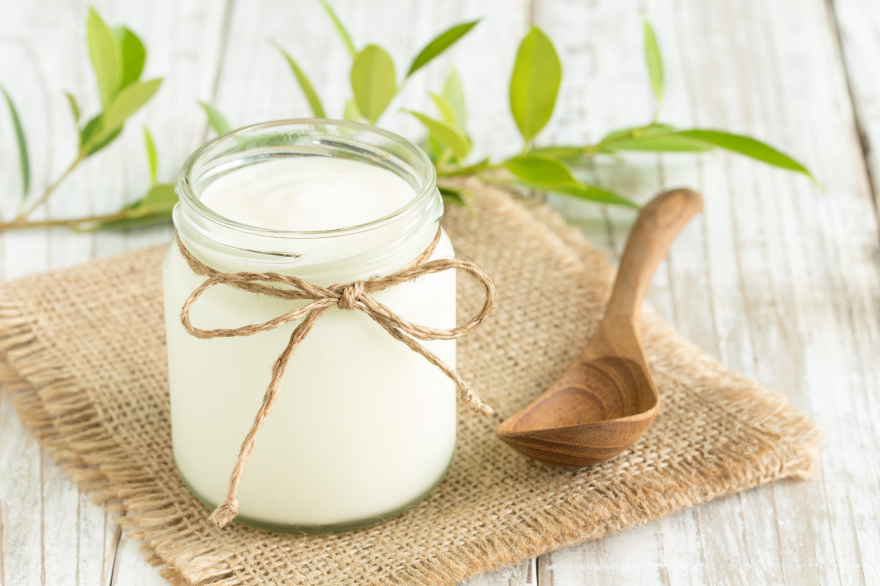
Fermented dairy products like Greek yogurt and milk kefir are good choices.
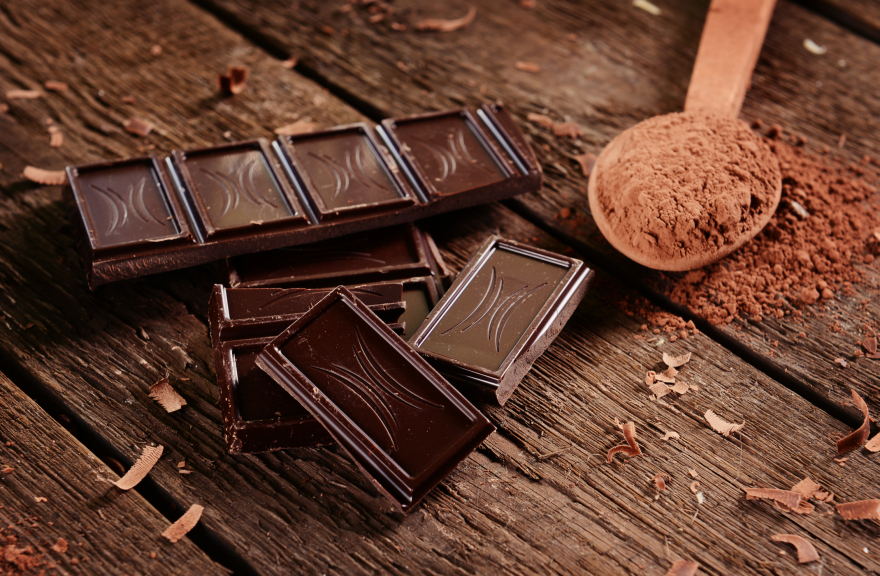 Dark chocolate - rich in iron and magnesium. A 2010 study by The National Institute of Health found that magnesium reduced the severity of PMS symptoms. According to a 2015 study people with magnesium deficiencies were more likely to have severe PMS symptoms. Dark chocolate - rich in iron and magnesium. A 2010 study by The National Institute of Health found that magnesium reduced the severity of PMS symptoms. According to a 2015 study people with magnesium deficiencies were more likely to have severe PMS symptoms.
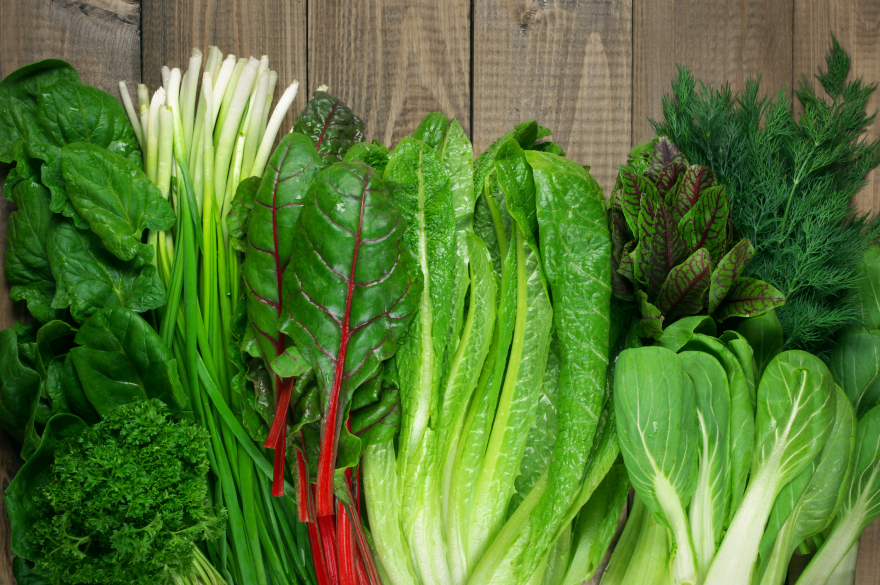 Leafy green vegetables - kale and spinach boost your iron levels (which take a dip during your period and lead to fatigue). Leafy green vegetables - kale and spinach boost your iron levels (which take a dip during your period and lead to fatigue).
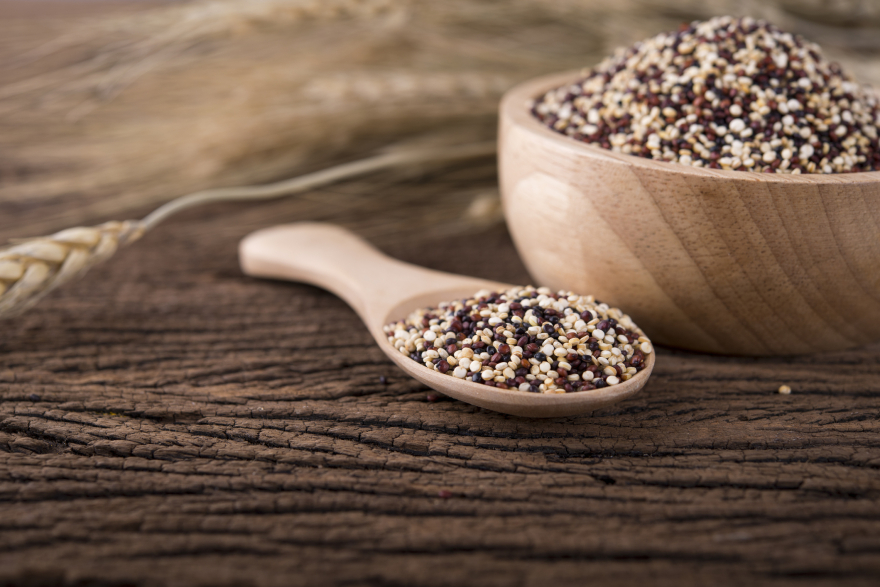 Quinoa - rich in nutrients such as iron, protein, and magnesium. It’s also gluten-free, so it’s a great food for those with celiac disease or gluten sensitivity. Quinoa - rich in nutrients such as iron, protein, and magnesium. It’s also gluten-free, so it’s a great food for those with celiac disease or gluten sensitivity.
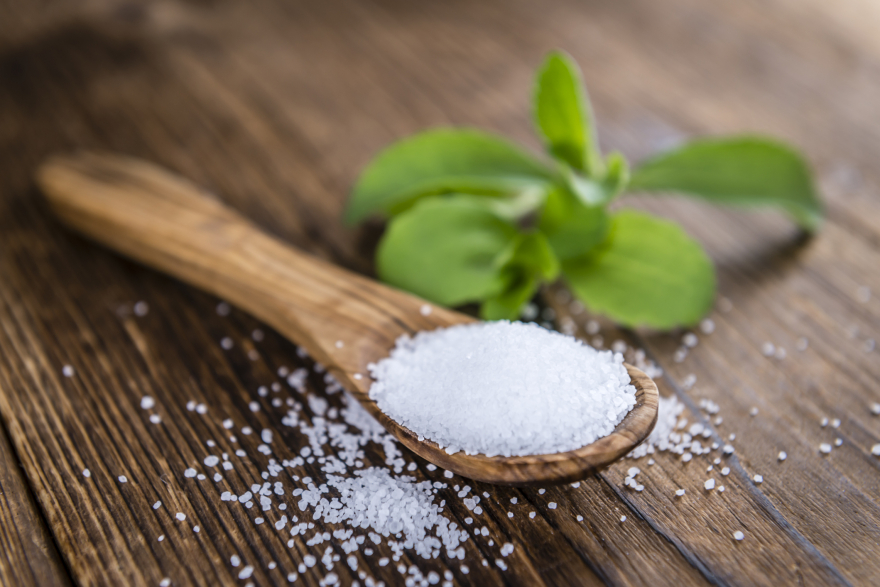
Stevia as a sweetener replacement.
This just scratches the surface of the different types of inflammation-causing foods that can potentially contribute to period problems. It’s also just the tip of the iceberg for the types of food that promote period health. And, it’s a good start.
Overall, when you are choosing anti-inflammatory foods to help reduce your inflammation, choose fresh foods instead of heavily-processed foods.
Here are some additional tips:
- Breakfast could be oatmeal served with fresh berries and walnuts, with a cup of almond, rice or soy milk.
- Snack on whole fruits, nuts, seeds, and fresh vegetables throughout the day instead of cookies and candy.
- Eat more fish and less fatty red meat.
- Stay away from fried foods; especially deep fried; bake or stir-fry your meals instead.
- Choose organic green, orange, and yellow vegetables for your side dishes (of course, use certified organic foods when possible).
- Drink at least eight 8 oz. glasses of water a day, fresh 100% fruit and vegetable juices, herbal teas and green tea.
Life can be demanding. With busy schedules, demanding careers, children that are finicky eaters, or a number of other factors, it may be difficult to consistently reach for healthy foods or avoid inflammation-causing foods.
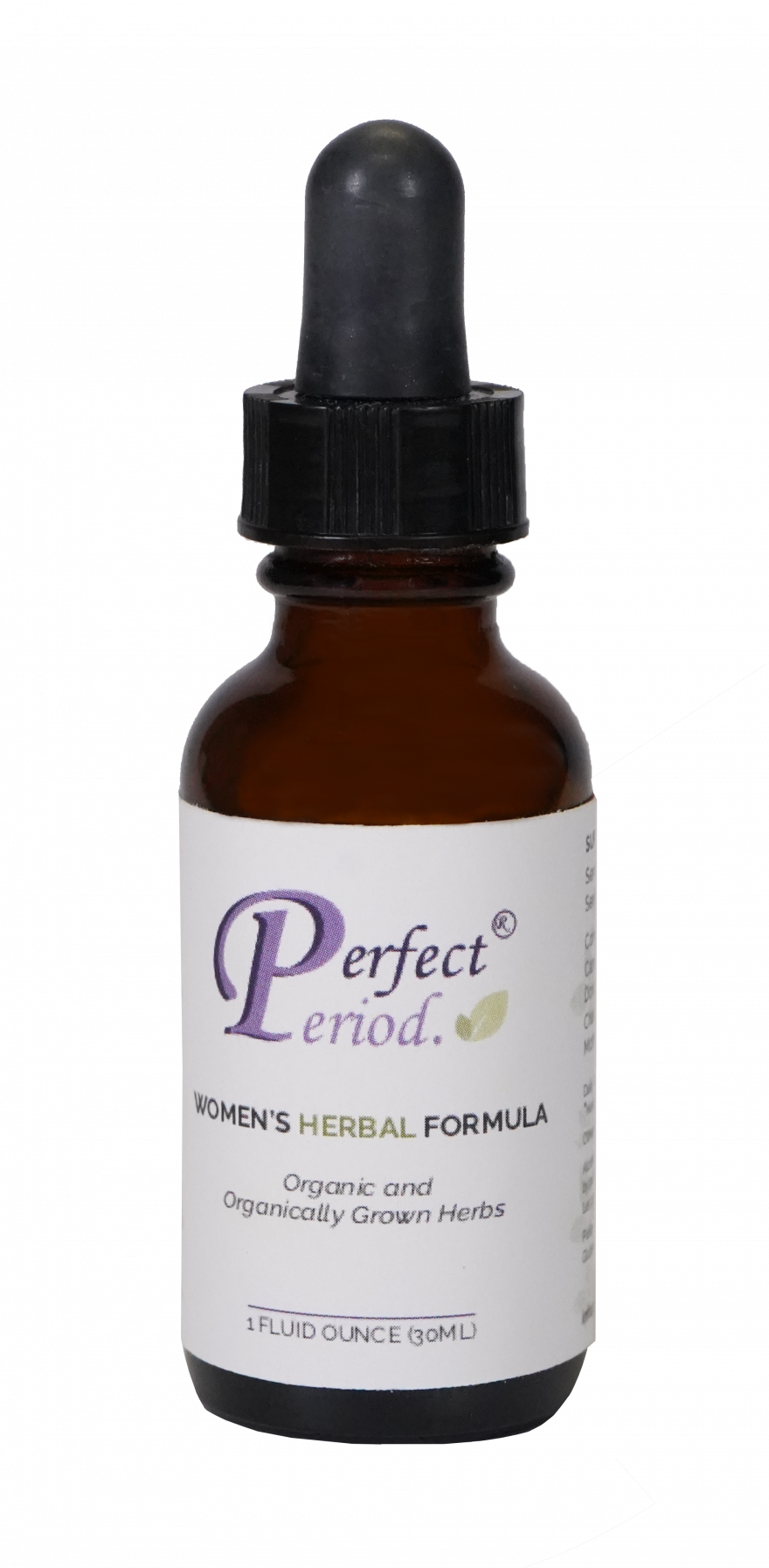 That’s just one reason why having a healthy supplement like That’s just one reason why having a healthy supplement like
Perfect Period.® to support the natural balancing of your
hormones can help minimize the problems you may experience
with your period.
For those times when you may not always be able to follow an anti-inflammatory lifestyle or diet, Perfect Period is ideal to include in your daily regimen. This can help your body achieve a healthy balance of your hormones that can positively impact your menstrual cycle.
For more information about our Perfect Period herbal formula, or to buy a bottle, go to https://perfectperiod.com/what-is-perfect-period and get started balancing your hormones the natural way today.
It’s time you had a happy, healthy period.

|